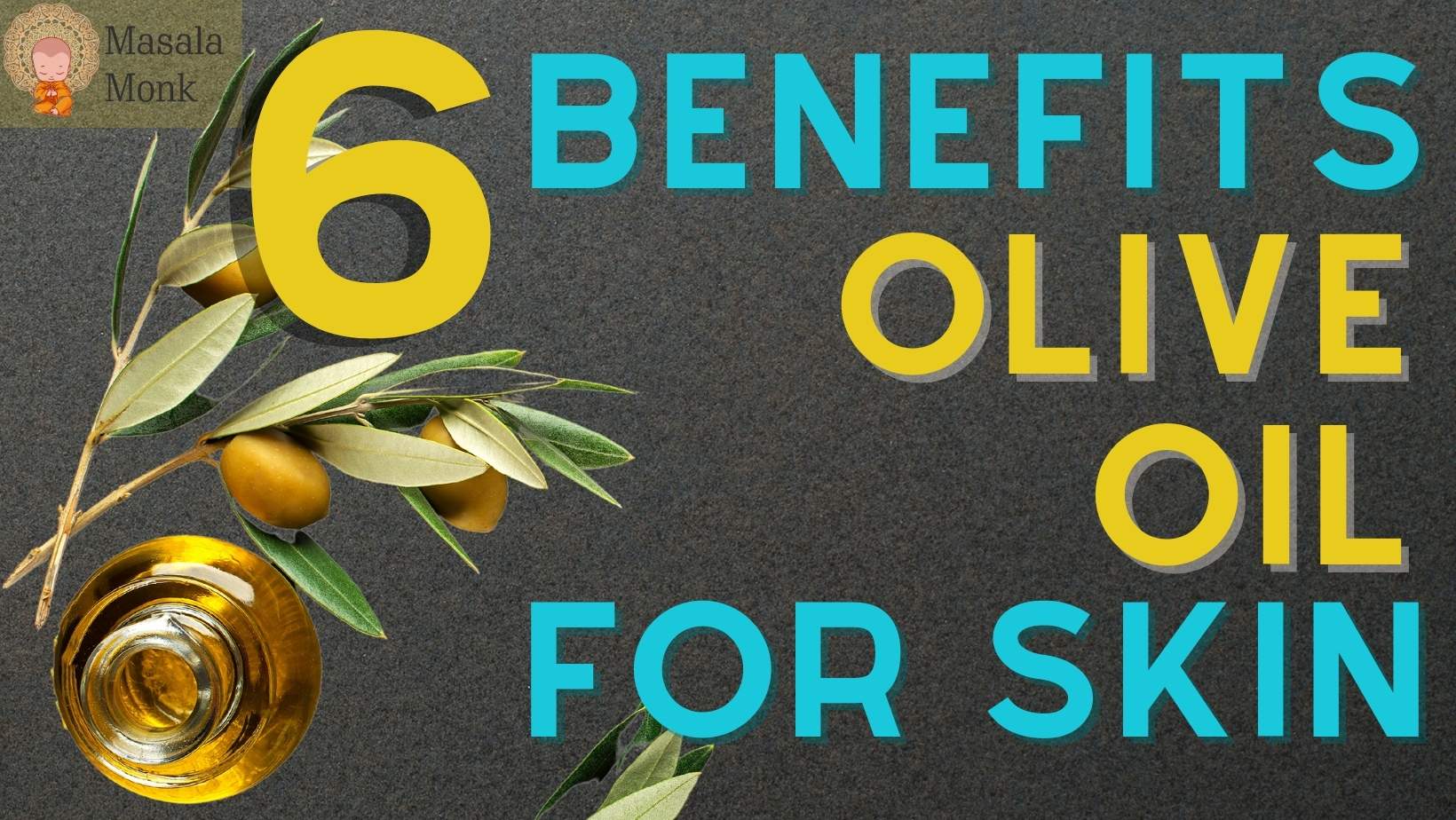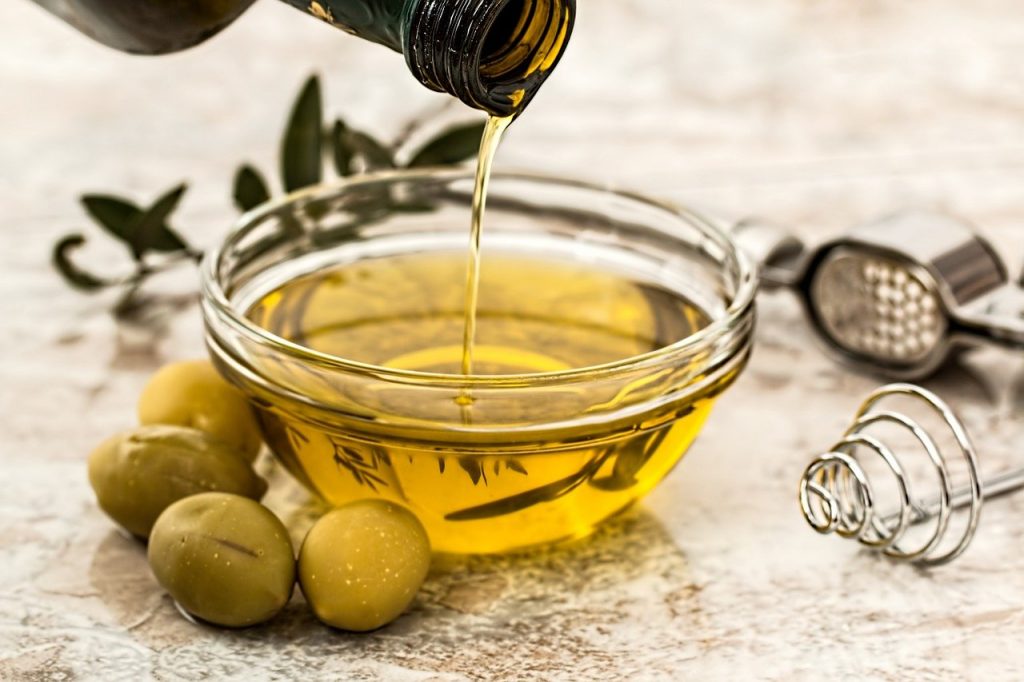
Guide to Coconut Milk: Nutrition, Benefits, and More
1. What is Coconut Milk?
Definition and Origin:
Coconut milk is a creamy, rich liquid extracted from the grated pulp of mature coconuts. It’s a staple in many tropical and Asian cuisines, offering a distinct flavor and texture to a variety of dishes.
Extraction Process:
To make coconut milk, the white flesh from a brown coconut is grated and soaked in warm water. The coconut cream rises to the top and can be skimmed off, while the remaining liquid is squeezed through a cheesecloth to extract a white liquid, which is the coconut milk. This process might be repeated several times to produce lighter coconut milk.
Difference from Other Coconut Products:
- Coconut Water: This is the clear liquid found inside a young, green coconut. It’s a refreshing drink, rich in electrolytes.
- Coconut Cream: A thicker, richer version of coconut milk, coconut cream contains less water and has a more intense flavor.
- Coconut Oil: Extracted from the meat or kernel of mature coconuts, it’s used in cooking and beauty products.
2. Nutritional Profile of Coconut Milk:
Caloric Content:
A typical serving of coconut milk contains a high amount of calories, primarily from its fat content.
Fats:
- Saturated Fat: Coconut milk is rich in saturated fats, particularly medium-chain triglycerides (MCTs), which are believed to be metabolized differently than other saturated fats.
- Polyunsaturated & Monounsaturated Fats: Present in smaller amounts, these fats can offer various health benefits.
Carbohydrates:
Coconut milk contains a moderate amount of carbohydrates, with a portion coming from dietary fibers beneficial for digestion.
Protein:
While not a significant source of protein, coconut milk does offer a small amount in each serving.
Micronutrients:
- Vitamins: Coconut milk contains essential vitamins like C, E, and several B vitamins.
- Minerals: It’s a source of vital minerals such as magnesium, potassium, phosphorus, and iron.
Comparison with Almond Milk:
While both are popular dairy alternatives, almond milk typically has fewer calories and fats than coconut milk. However, coconut milk offers a creamier texture and a distinct flavor, making it preferable in specific recipes.
3. Health Benefits of Coconut Milk:
Weight Loss Potential:
The MCTs in coconut milk can increase energy expenditure and help in reducing appetite, potentially aiding in weight loss.
Heart Health and Cholesterol:
Despite its high saturated fat content, some studies suggest that coconut milk might improve the cholesterol profile by increasing HDL (good cholesterol) levels.
Boosting Immunity:
Lauric acid, a type of MCT found in coconut milk, has antimicrobial and anti-inflammatory properties, which can help in boosting immunity.
Cognitive Function Improvement:
MCTs are also believed to provide an alternative energy source for the brain, which can enhance cognitive functions, especially in people with memory disorders.
Digestive Health:
The dietary fibers in coconut milk can promote healthy digestion and prevent constipation.
Bone Health:
Coconut milk contains minerals like phosphorus and magnesium, essential for bone health.
Skin and Hair Benefits:
Rich in vitamins C, E, and many B vitamins, coconut milk can nourish the skin and hair, offering hydration and reducing signs of aging.
4. Coconut Milk in Cooking:
Versatility in the Kitchen:
Coconut milk’s creamy texture and unique flavor make it a versatile ingredient in the kitchen. It can be used in both savory and sweet dishes, adding richness and depth to the flavor profile.
Popular Recipes and Dishes:
- Curries: From Thai green curry to Indian korma, coconut milk is a staple in many curry recipes, giving them a creamy consistency.
- Desserts: Think of tropical treats like coconut rice pudding, panna cotta, or even coconut ice cream.
- Soups: Coconut milk adds a creamy touch to soups like the famous Tom Kha Gai (Thai coconut soup) or a simple butternut squash and coconut soup.
- Smoothies: Blend coconut milk with fruits, greens, and seeds for a tropical twist on your morning smoothie.
- Sauces and Dips: Coconut milk can be the base for many sauces, from spicy satay sauce to sweet caramel sauce.
Benefits of Cooking with Coconut Milk:
- Dairy-Free Alternative: For those who are lactose intolerant or following a vegan diet, coconut milk is an excellent substitute for dairy in many recipes.
- Flavor Enhancer: Its unique taste can elevate the flavor of many dishes.
- Richness and Texture: It adds a creamy, rich texture to dishes, making them more indulgent.
5. Potential Risks and Side Effects:
High Saturated Fat Content:
While coconut milk is rich in beneficial MCTs, its high saturated fat content can be a concern for those watching their cholesterol levels.
Caloric Density:
Due to its high-fat content, coconut milk is calorie-dense, which might not be suitable for those on a calorie-restricted diet.
Allergies:
Though rare, some individuals might be allergic to coconuts and should avoid coconut milk.
Digestive Issues:
In some people, especially when consumed in large quantities, coconut milk might cause digestive issues like diarrhea or an upset stomach.
Canned Coconut Milk Concerns:
Some cans might be lined with BPA, a chemical that can leach into the milk. It’s advisable to choose BPA-free cans or opt for fresh or carton-packed coconut milk.
6. Buying Recommendations:
Types of Coconut Milk:
- Canned: Typically used in cooking, it’s thicker and richer. It can be full-fat or light.
- Carton: Found in the refrigerated section, it’s more diluted and often used as a milk substitute in cereals or coffee.
Choosing the Best Product:
- Ingredients: Opt for products with minimal ingredients. Ideally, it should only contain coconut and water.
- BPA-Free: If buying canned coconut milk, ensure the can is BPA-free.
- Organic: Organic coconut milk ensures no pesticides or harmful chemicals were used in the coconut’s cultivation.
- Preservatives and Additives: Avoid brands that contain unnecessary additives, thickeners, or preservatives.
- Unsweetened vs. Sweetened: For a healthier option, choose unsweetened coconut milk. Sweetened versions contain added sugars.
Storing Recommendations:
- Unopened: Store in a cool, dry place.
- Opened: Refrigerate and consume within 4-5 days. Coconut milk can also be frozen for longer shelf life.
7. FAQs:
Is drinking coconut milk daily good for you?
While coconut milk offers various health benefits, moderation is key due to its high saturated fat content. It’s essential to balance its consumption with other nutrient-rich foods.
What are the benefits of unsweetened vs. sweetened coconut milk?
Unsweetened coconut milk is free from added sugars, making it a healthier choice. Sweetened versions, while tastier for some, contain additional calories and sugars that might not be suitable for everyone, especially those watching their sugar intake.
How does coconut milk compare to coconut water in terms of nutrition?
Coconut milk is creamier and higher in calories and fat, while coconut water is a clear, hydrating liquid with fewer calories, rich in electrolytes. They serve different purposes in both cooking and consumption.
Can coconut milk replace dairy in all recipes?
While coconut milk is a popular dairy substitute in many recipes, the unique flavor and consistency might not work for all dishes. It’s best to experiment or find recipes specifically designed for coconut milk.
Is coconut milk keto-friendly?
Yes, due to its high-fat and low-carb content, coconut milk can be a suitable option for those following a ketogenic diet.
Conclusion:
Coconut milk, with its rich flavor and creamy texture, has carved a niche for itself in global cuisines. Its myriad health benefits, coupled with its versatility in the kitchen, make it a favorite among many. However, like all foods, it’s essential to consume it in moderation, considering both its benefits and potential risks. Whether you’re using it in a spicy curry, a refreshing smoothie, or simply enjoying a glass, coconut milk is undoubtedly a delightful addition to one’s diet.
Call to Action (CTA):
If you’ve found this guide helpful, please share it with friends and family. Dive into the world of coconut milk recipes and discover its magic for yourself! And don’t forget to leave a comment below with your favorite coconut milk dishes or any tips you might have.















